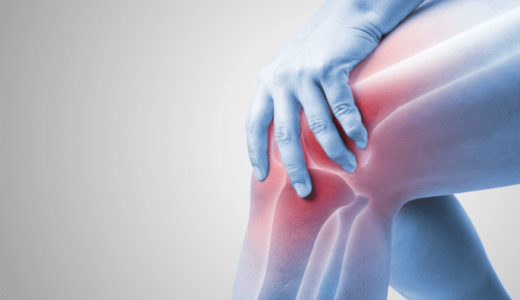Joint Pain Treatment In Noida

Joint Pain
Overview of Joint Pain
Joints are the parts of your body where your bones meet. Joints allow the bones of your skeleton to move. Joints include:
- shoulders
- hips
- elbows
- knees
Joint pain refers to discomfort, aches, and soreness in any of the body’s joints. Joint pain is a common complaint. It doesn’t typically require a hospital visit.
Sometimes, joint pain is the result of an illness or injury. Arthritis is also a common cause of joint pain. However, it can also be due to other conditions or factors.
What causes joint pain?
Joint pain can be caused by:
- bursitis, or inflammation of the cushioning pads around joints
- lupus
- gout
- certain infectious diseases, such as mumps, influenza, and hepatitis
- chondromalacia of the patella, or a breakdown of the cartilage in the kneecap
- an injury
- tendinitis, or inflammation of the tendon
- an infection of the bone or joint
- overuse of a joint
- osteoporosis
What are the symptoms of joint pain?
Symptoms of joint pain range from mild to disabling. Without cartilage, bones rub directly against each other as the joint moves. Symptoms can include:
- Swelling
- Stiff or enlarged joint
- Numbness
- Noisy joints, or clicking, grinding, or snapping sounds when moving the joint
- Painful movement
- Difficulty bending or straightening the joint
- Loss of motion
- A red and hot and swollen joint (This should be evaluated quickly by a doctor)
How is joint pain treated?
Home treatment
Doctors consider both OA and RA to be chronic conditions. There’s no treatment currently available that will completely eliminate the joint pain associated with arthritis or keep it from returning. However, there are ways to manage the pain:
- It may help to use topical pain relievers or take nonsteroidal anti-inflammatory drugs to reduce pain, swelling, and inflammation.
- Stay physically active and follow a fitness program focusing on moderate exercise.
- Stretch before exercising to maintain a good range of motion in your joints.
- Keep your body weight within a healthy range. This will lessen stress on the joints.
- If your pain isnt due to arthritis, you can try taking a nonprescription, anti-inflammatory drug, getting a massage, taking a warm bath, stretching frequently, and getting adequate rest.
Medical treatment
Your treatment options will depend on the cause of the pain. In some cases, your doctor will need to draw out accumulated fluid in the joint area to test for infection or gout or other causes of the joint pain. They might also recommend surgery to replace the joint.
Other nonsurgical treatment methods could include lifestyle changes or medications that can potentially cause your RA to go into remission. In the case of RA, your doctor will first address inflammation. Once the RA goes into remission, your medical treatment will focus on keeping a tight rein on your condition so that you avoid flare-ups.









